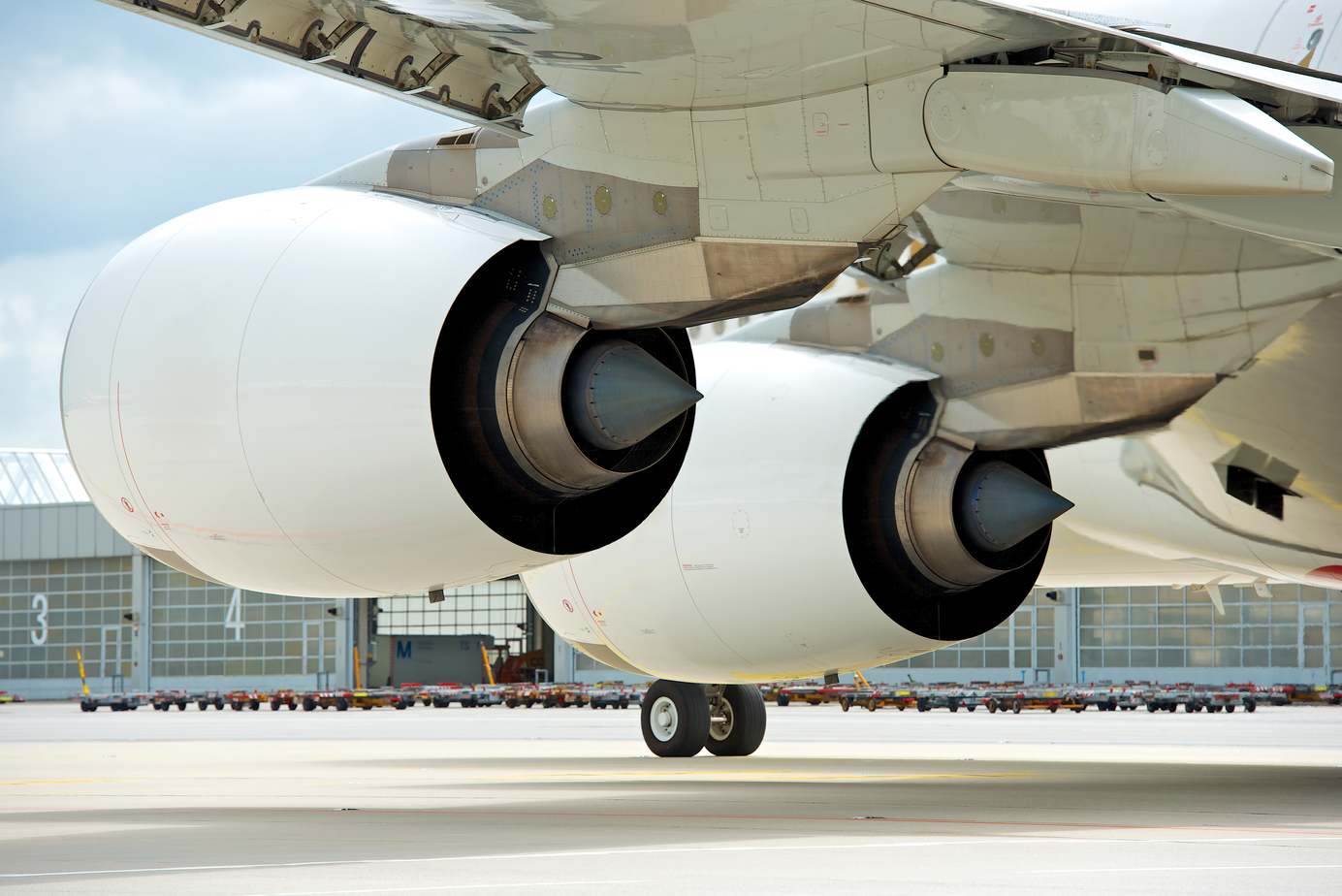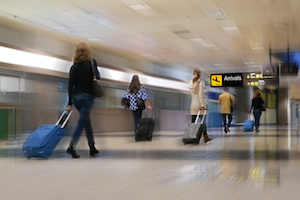
Op-Ed: Four predictions for the accommodation industry in 2024
Insights from Bradley Haines based on SiteMinder's recent survey of more than 10,000 travellers across Australia and globally
With constant changes in consumer behaviour, influenced by everything from technology to rising costs of living, it can be hard to know who today’s traveller is. What motivates them, and what deters them? What ultimately drives their decision-making?
For those in the business of accommodation, having the answers to these questions is critical, especially as we soon turn the page to yet another year. After all, there is little point in expending significant time, energy and resources in figuring out ways to attract a larger volume of guests, if you find yourself ill-prepared for the demands and expectations that those guests bring. SiteMinder has compiled four predictions that accommodation providers can use to guide them through the upcoming year. These predictions are based on a survey conducted of more than 10,000 travellers across Australia and globally, who shared what makes them tick, what frustrates them, and how they could be better served by their accommodation providers.
The latest AccomNews print issue is available now! Read it here.
1. Enduring explorers won’t abandon travel plans, but they will seek tradeoffs
In spite of growing financial pressures, there is broad unwillingness among consumers globally to change or cancel their travel plans.
SiteMinder’s Changing Traveller Report 2023 has revealed that 88 percent of Australian travellers intend to travel at least the same amount as they did over the past year, including at least 1-in-2 (54 percent) who intend to travel more.
However, those who are travelling will seek tradeoffs to adapt their stay. Package deals and cheaper room types will be the most common ways that travellers keep travel costs down, although more than 80 percent say they are happy to spend money on add-ons. This means accommodation providers will have every opportunity to maximise their total revenues.
In addition to adapting their preferences, travellers in 2024 will also temper their expectations from hotels – an industry that’s been plagued by the challenges of attracting and retaining qualified staff. Almost 70 percent will be more tolerant of lowered standards of service, given staff shortages.
2. Accommodation providers with poor digital experiences will have a limited lifespan in their hunt for guests
As consumers become ever more accustomed to using technology to run every aspect of their lives—including shopping, banking and ordering food—it’s little surprise that today’s traveller will rely on a growing network of technology platforms before deciding how to book their accommodation.
Despite being digitally dependent, Australians will stick to more conventional methods when looking for accommodation options compared to other countries.
They top the list, ahead of British and French travellers, when it comes to starting their research via a search engine. Only 16 percent will use a specific booking website or app.
Australians will also be burnt quickly by clunky or non-secure online experiences, and they will expect a seamless and secure booking and payment process. In fact, one in two Australians have not proceeded with booking accommodation because of a bad booking experience online.
This demonstrates what a short window of opportunity accommodation providers have to capture the business of a willing traveller – understanding that just one inconvenience or disruption in the booking experience will send them to a competitor for good.
3. Offering a range of experiences will aid ‘accommodation as destination’ goals
The traveller of today will increasingly prioritise making memories. This may sound clear-cut, but a memory-maker is a key characteristic worth prioritising because today’s traveller will be fixated on the unique and new, making up for lost travel time of the recent past. They will likely be willing to spend extra, beyond the cost of their room.
At a global level, accommodation will be sought out as a destination unto itself with one-in-two travellers—notably international travellers—looking to spend either ‘most of the time’ or ‘considerable time’ at their accommodation on their next trip.
As properties evolve to become even better ‘third places’ to spend longer periods away from home and the office, accommodation providers should be looking at the holistic experience of their guests, from the booking and check-in processes to the restaurant, spa and what’s on offer by way of activities.
4. Accommodation providers with close connections to their local community will be rewarded
As an accommodation provider, you have a unique perspective to share with your guests. Being ingrained in the local culture and community as you are, you can help to facilitate a closer bond between your guests and the immediate environment they’re staying in.
In fact, for one-in-three travellers globally, it will be more important now than this time last year that their accommodation has a close connection with the local culture and community. Human connection sits at the heart of one’s desire to travel, and to crave authenticity in these experiences – whether they be food, people or places – is a natural expression of what it means to travel mindfully.
Today’s traveller will be enduring, digitally-dependent and conscious, with a strong desire to create memories for as long as the privilege of travelling remains available to them.
The upcoming year will almost certainly bring with it a raft of new challenges and opportunities for accommodation providers, as people continue to play catch up with personal travel dreams, and as business travel, events and conferences continue their uptick and normalisation.
And so it’s clear, for accommodation providers, that winning the business and eventual loyalty of today’s traveller can’t be done with a blanket or dated approach. Today’s traveller must be presented with personalised and relevant options when booking their accommodation, and knowing who your traveller is and what they want will be the perfect place to start.
Bradley is Regional Vice President of Asia Pacific at SiteMinder.







